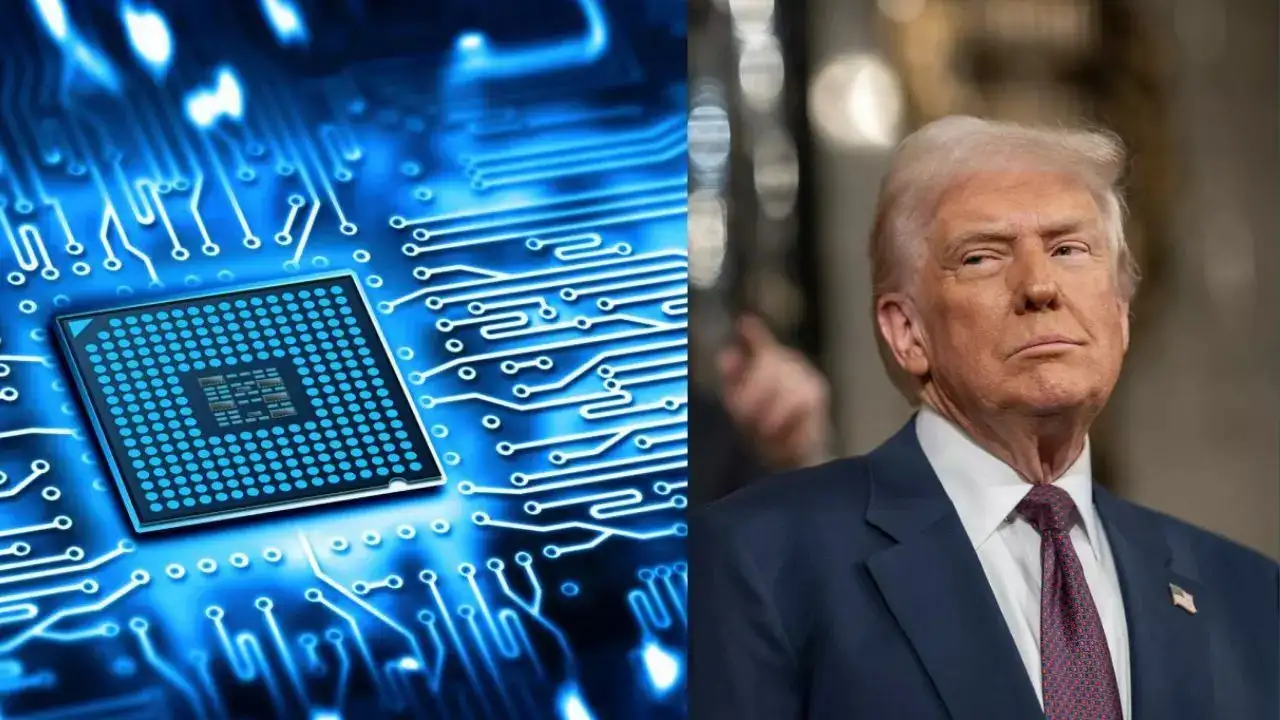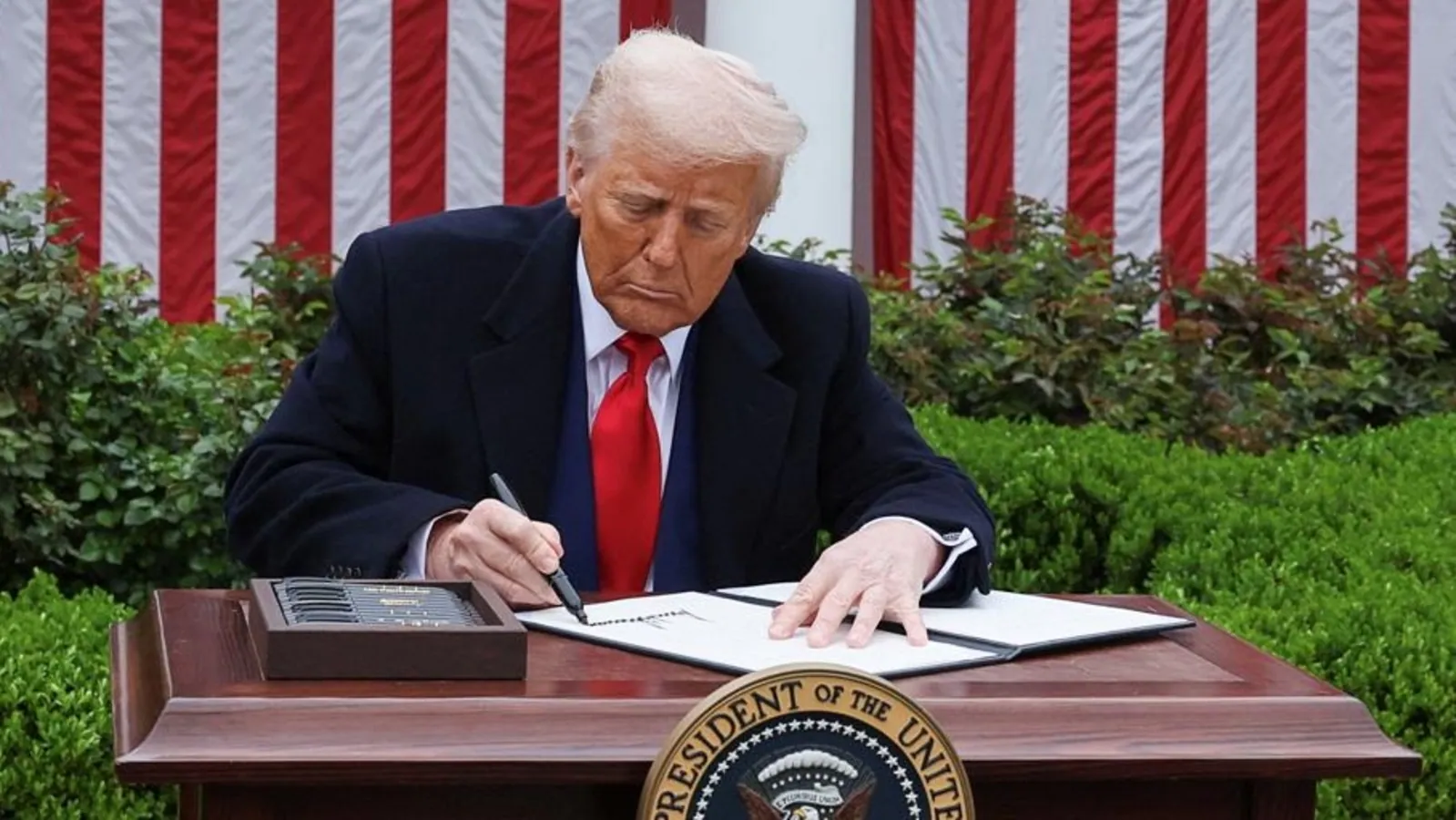Now Reading: Trump Administration Considers Chip-Based Tariffs to Protect National Economic Security
-
01
Trump Administration Considers Chip-Based Tariffs to Protect National Economic Security
Trump Administration Considers Chip-Based Tariffs to Protect National Economic Security

The Trump administration is reportedly exploring targeted tariffs on foreign electronics, particularly semiconductors, as part of a broader push to safeguard national economic security. The proposed measures aim to incentivize domestic manufacturing, reduce reliance on overseas suppliers, and strengthen the U.S. semiconductor ecosystem. The move has already sparked discussions about potential global supply chain disruptions and its impact on international tech trade, including Indian electronics exporters.
Background and Rationale
Semiconductors are critical for modern technology, powering everything from smartphones to automobiles. With rising geopolitical tensions and supply chain vulnerabilities, the U.S. government sees domestic production as a strategic priority. Tariffs on imported chips could encourage multinational companies to set up manufacturing facilities within the U.S., boosting local jobs and reducing dependency on foreign suppliers.
Potential Global and Indian Implications
For countries like India, which export electronic components and semiconductors, such tariffs could alter trade dynamics. Companies supplying to the U.S. market may face higher costs or need to explore alternative arrangements, while Indian tech firms might also see opportunities if collaborations with U.S. manufacturers increase. The ripple effect could impact Tier-2 and Tier-3 electronics hubs in India, influencing investment and employment patterns.
Industry Reactions
Technology companies and trade experts have expressed mixed reactions. While some view it as a strategic safeguard, others warn that tariffs could disrupt supply chains, raise costs for consumers, and trigger retaliatory measures from affected countries. The debate highlights the balance between national security and global economic interdependence.
Domestic Perspective
Within the U.S., the move is framed as protecting national interests and securing critical technology infrastructure. Policymakers argue that ensuring domestic semiconductor capacity is vital for defense, AI development, and future technological competitiveness. However, critics caution that over-reliance on tariffs may create trade frictions and unintended economic consequences.
Conclusion
The Trump administration’s consideration of chip-based tariffs underscores the growing importance of semiconductors in global trade and national security. While intended to strengthen domestic manufacturing, the move will have far-reaching implications for global supply chains, including Indian exporters and smaller cities engaged in electronics production. How the U.S. navigates these tariffs will shape technological and economic trends for years to come.

























